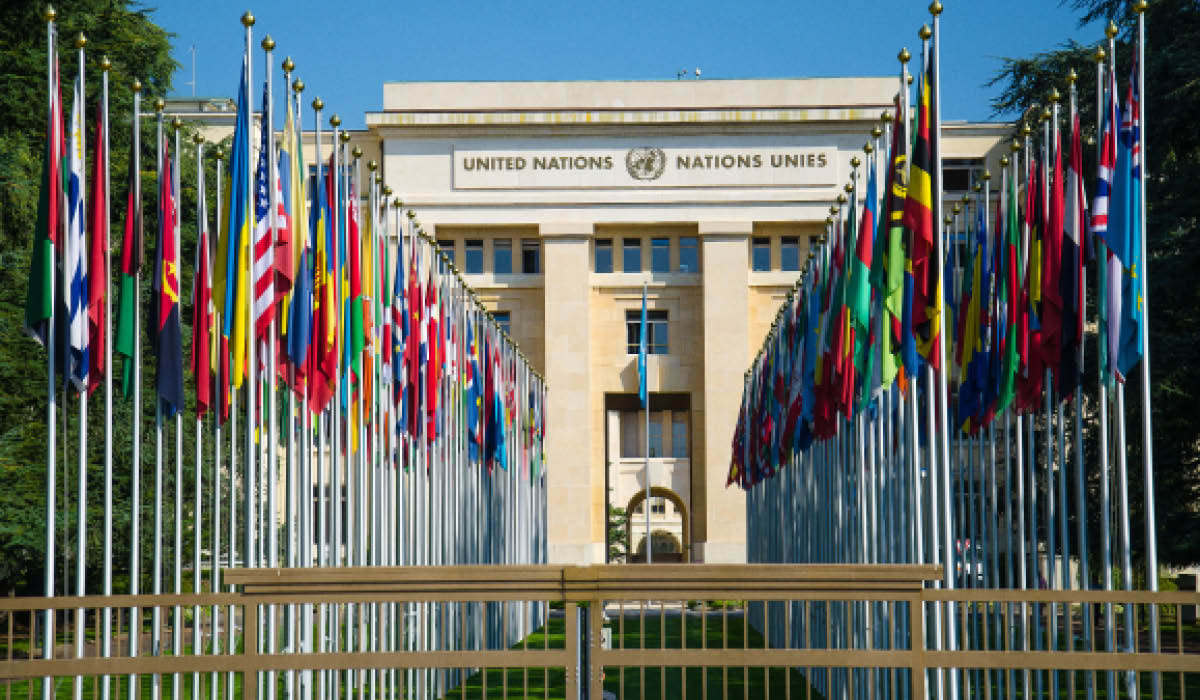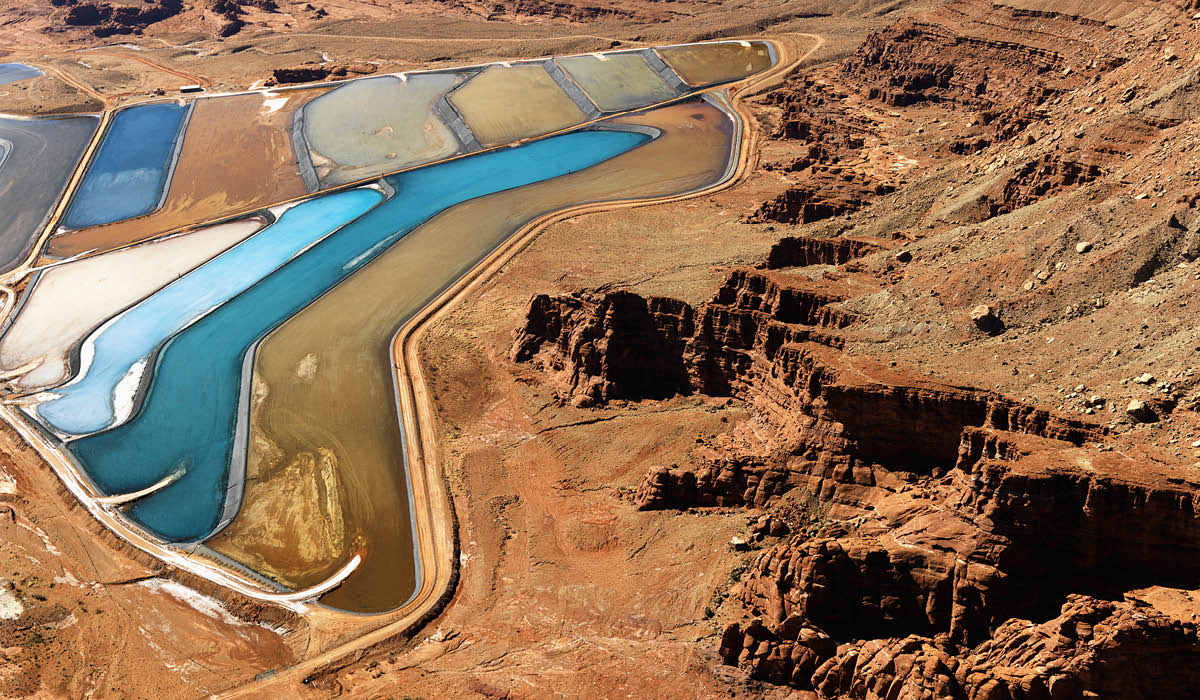Article from 2018 annual report
Cobalt is an important raw material for coping with the transition to a low-fossil society. Cobalt is available in lithium-ion batteries which power products such as electric vehicles, mobile phones, laptops, and other household products.
Cobalt is most often sourced via a complex supply chain from the Democratic Republic of the Congo (DRC), which is home to more than half of the world’s cobalt resource. Serious, systemic human rights violations, including child labour, are commonplace. Demand for the mineral is expected to continue growing in coming years.
Investor expectations highlighted in new brief
During the autumn of 2018, investor cooperation was incorporated into the Principles for Responsible Investment (PRI). In connection with this, a brief was published on the situation in the DRC where cobalt is extracted based on the investor group’s work in recent years. The brief describes, among other things, the expectations and challenges that exist.
The three main areas of investor expectations towards companies with regards to the responsible sourcing of cobalt are:
- The companies should carry out human rights risk assessments and continuous human rights due diligence efforts
- Provision of remedy
- Participation in collective initiatives.
One challenge that investors are concerned about is that companies have stopped or have considered stopping sourcing from artisanal and small-scale mines (ASM) permanently. If doing so this may have major negative effects on the livelihood of local communities.
Apple is considered to be among the leading companies on the issue. The company has identified all of its cobalt smelters and allows them to undergo external audits. The company has specifically included cobalt in its subcontracting policy. Apple is an active member of the most relevant industry groups - the Responsible Minerals Initiative (RMI) and the Responsible Cobalt Initiative (RCI) and has shared its expertise with them. The company has co-financed research to better understand the challenges of cobalt breaking in DRC. Apple has published reports on the updates in its cobalt sourcing work.
Dialogue to be continued together with PRI
The Council has been involved in the dialogue with Daimler in 2018. In the autumn of 2018, Daimler announced a new policy on human rights that specifically mentions cobalt and risks in the supply chain and the company also participated in the Responsible Cobalt Initiative in 2018. The Council continues its work with human rights and cobalt in 2019 together with Principles for Responsible Investment (PRI).
The Council on Ethics speaks at the OECD forum in Geneva
The pressure is high around cobalt and how the mineral is extracted. Many organisations are working actively to improve the situation in the Democratic Republic of the Congo (DRC) around the mines. During the spring, the Council participated as a speaker at the OECD’s forum in Geneva for responsible supply chains for minerals with a special focus on DRC. It is obvious that long-term patient work is needed to solve the problems.
Background facts
Region: Democratic Republic of Congo (DRC)
Topic: Human rights




